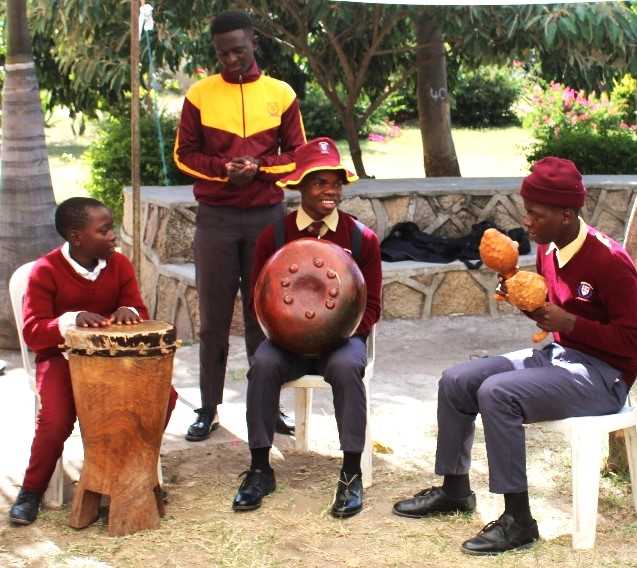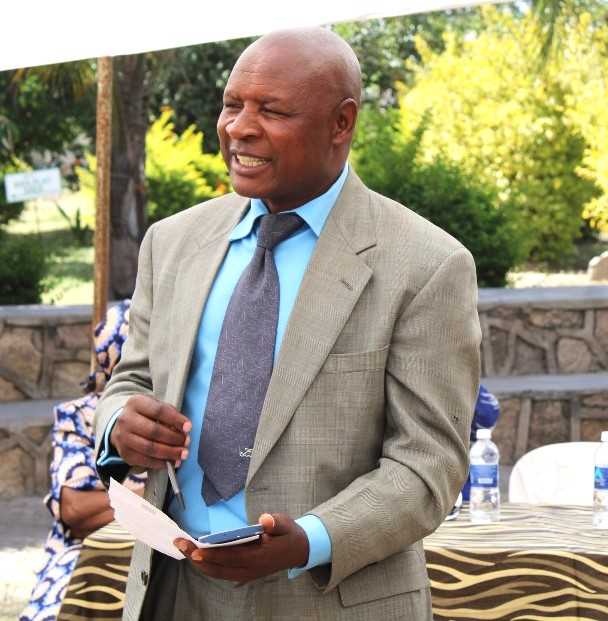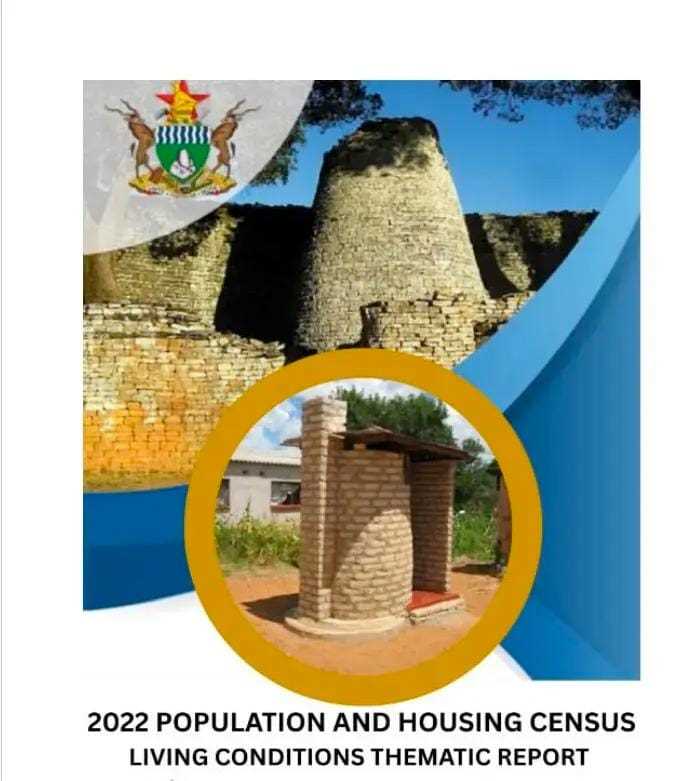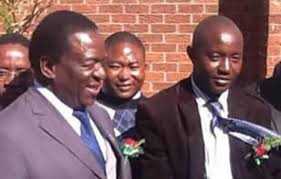
Gilbert Munetsi - Zim Now Writer
The Panyatsime Heritage and Cultural Centre came alive on Tuesday, May 27, as it hosted a vibrant belated celebration of Africa Day and Culture Month.
The event drew students from schools that included Chaminuka, Zengeza Main Primary and Crwolorgey Academy, as well as academics and Ministry of Primary and Secondary Education officials from across the town.
Among the distinguished attendees was a senior administrator in the Education Ministry, Solomon Makokisi, who represented the District Schools Inspector, Dr Elisha Kujeke. And also gracing the occasion was the Centre director, Mrs Rumbidzai Dihwa and Charles Mavhunga, an academic who has penned a number of scholarly textbooks under the Business Enterprise in Schools series.
Zimbabwe Intangible Cultural Heritage and Teaching Artist Institute were the organisational partners.
The commemorative function, held under the spirit of unity and cultural pride, featured dynamic discussions centered on African heritage, the philosophy of Ubuntu, Africanism, and the importance of preserving indigenous knowledge systems.
Conversations deliberated on encouraged young people to reconnect with their roots and highlighted the role of culture in shaping identity and values in a modern African society.
In a speech read on his behalf the DSI, Dr Kujeke, reiterated the importance of having facilities such as Panyatsime within communities, adding that apart from being cultural attractions and places of retreat, they provided an even more important role.
“The establishment of a cultural centre in any community is far more than the construction of a physical space—it is the revival of identity, memory, and pride.
“Under the new heritage-based syllabus introduced by the Ministry of Education, we are not merely teaching history or art as standalone subjects. We are empowering students to understand who they are, where they come from, and the legacies they inherit.
“Culture centres serve as living classrooms. They bring books to life, allowing learners to see, hear, touch, and even perform the very customs and narratives that shaped their ancestors,” said Dr Kujeke.
He said through music, dance, oral storytelling, crafts, and exhibitions, students are given the opportunity to actively engage with heritage rather than passively study it. This, added the Ministerial official, is a vital shift from rote learning to experiential education.
Related Stories
“More importantly, it fosters community involvement. Parents, elders, and local artists are no longer observers—they become co-educators as well as partners in the process of cultural transmission.
“With centres like these embedded in our neighbourhoods, learning is not confined to the classroom. It spills out into the streets, into the festivals, into daily life. The syllabus comes alive. And in doing so, we are not only preserving culture—we are preparing a generation that is confident, rooted, and equipped to contribute to both national identity and global dialogue.”

Heritage Officer Lilyosa Maganzo told the gathering that there are perceptions, especially among non-Africans, that the continent is either a dark one or backward.
“As Panyatsime, we say if respecting our elders, honouring our values and living in harmony with our nature is backward, then the world has been moving forward in the wrong direction. We continue to reflect on the significance of our cultural heritage and the importance of revitalizing our lost identity,” she said.
Participants, who numbered close to 100, also enjoyed a guided tour of the centre's traditional cultural village, where local guides shared rich insights into Zimbabwean customs, ancestral practices, and architecture. The tour was a key highlight, offering a hands-on experience of heritage conservation and storytelling.
The 2025 Culture Month and Africa Day commemorations were held under the African Union theme “Educate an African fit for the 21st Century: Building resilient education systems for increased access to inclusive, lifelong, quality, and relevant learning in Africa.”
Zimbabwe aligned its celebrations under the Ministry’s complementary national theme “Promoting Cultural Diversity, Unity and Peace for Sustainable Development.”
Similar celebrations took place across the country, with provinces hosting exhibitions, traditional dance performances, food fairs, and public lectures aimed at fostering cultural pride and inter-generational dialogue. These events underscored the importance of safeguarding Africa’s diverse heritage in the face of globalization and modernization.
Speaking on the sidelines of the event, Mavhunga commended Panyatsime Centre for its commitment to community-based cultural education, saying, “Centres like these are essential to nurturing a generation that not only understands their history, but takes pride in it.”
As Culture Month draws to a close, events like the one at Panyatsime serve as a powerful reminder of the need to embrace and celebrate the rich tapestry of African heritage, passing it on proudly to future generations.


















Leave Comments